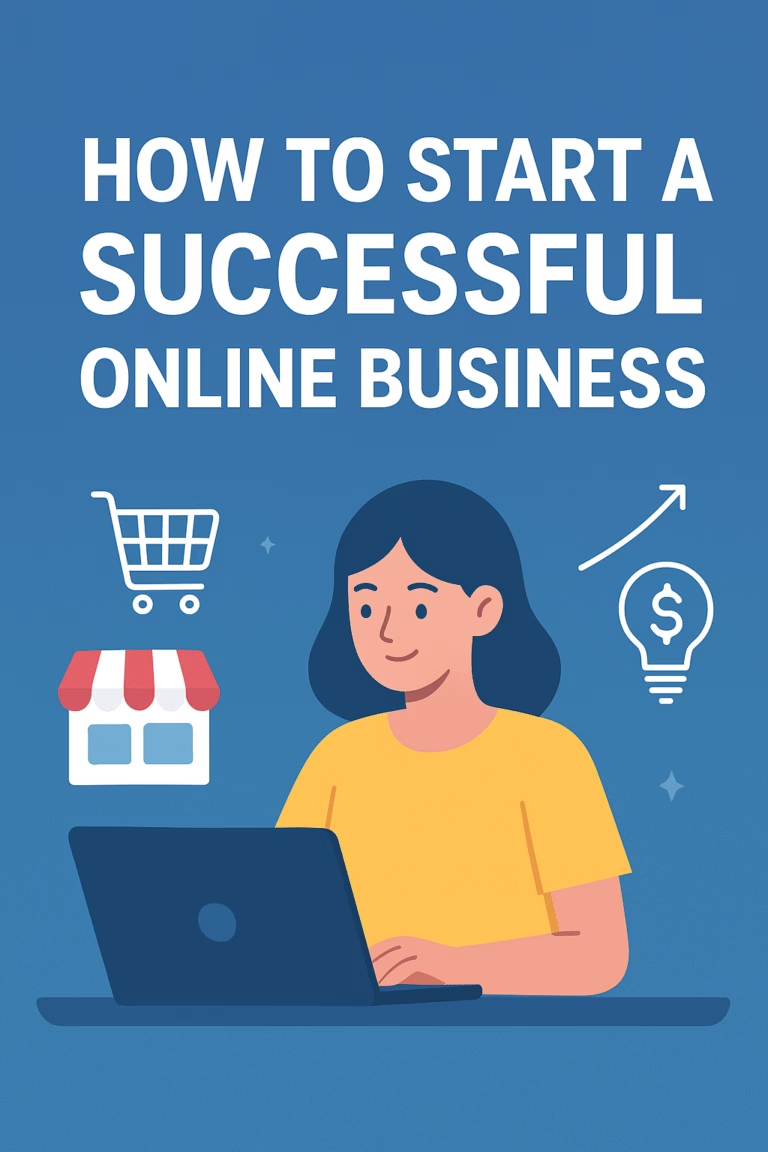A Comprehensive Guide for Aspiring Entrepreneurs
Starting an online business can be an exciting venture filled with great opportunities. With the right approach, you can create a sustainable income stream and achieve your entrepreneurial dreams. This article will guide you through the essential steps to kickstart your online business.
1. Research Your Market
Before diving into business, understanding your target audience and market is crucial. Use tools like Google Trends and social media insights to gauge demand.
| Tool | Purpose | Link |
|---|---|---|
| Google Trends | Analyze search trends | Google Trends |
| SEMrush | Keyword research | SEMrush |
| SurveyMonkey | Conduct surveys | SurveyMonkey |
2. Choose Your Business Model
Decide on the model that suits your goals. Common online business models include:
- E-commerce: Selling products directly (e.g., Shopify).
- Affiliate Marketing: Earning commissions by promoting others’ products.
- Subscription Services: Offering products or services for a recurring fee.
3. Create a Business Plan
A well-structured business plan outlines your vision, goals, and strategies. Include the following sections:
- Executive Summary
- Market Analysis
- Marketing Strategy
- Financial Projections
4. Set Up Your Online Presence
Your website is your storefront. Ensure it is user-friendly and optimized for SEO. Consider using platforms like WordPress or Wix.
Key Elements for Your Website:
- Domain Name: Choose a memorable name.
- Hosting: Reliable hosting services (e.g., Bluehost, SiteGround).
- Design: A professional layout that reflects your brand.
5. Market Your Business
Effective marketing is essential for growth. Use multiple channels to reach your audience:
- Social Media: Utilize platforms like Instagram and Facebook to engage with customers.
- Email Marketing: Build a mailing list and send regular updates.
- Content Marketing: Create valuable content to attract visitors.
| Channel | Description | Example |
|---|---|---|
| Social Media | Engage with customers | |
| Email Marketing | Direct communication | Mailchimp |
| Content Marketing | Blog posts and articles | HubSpot |
6. Monitor and Optimize
Once your business is running, continuously track performance. Use analytics tools to monitor traffic and sales. Adjust your strategies based on data insights.
- Google Analytics: Track website traffic.
- Hotjar: Understand user behavior.
7. Useful Resources
- Books: “The Lean Startup” by Eric Ries
- Websites: Entrepreneur
- Podcasts: “How I Built This” by NPR
Starting an online business requires careful planning and execution. By following these steps and utilizing the resources provided, you can lay a strong foundation for your entrepreneurial journey. Remember, persistence and adaptability are key to success in the ever-evolving online marketplace.



